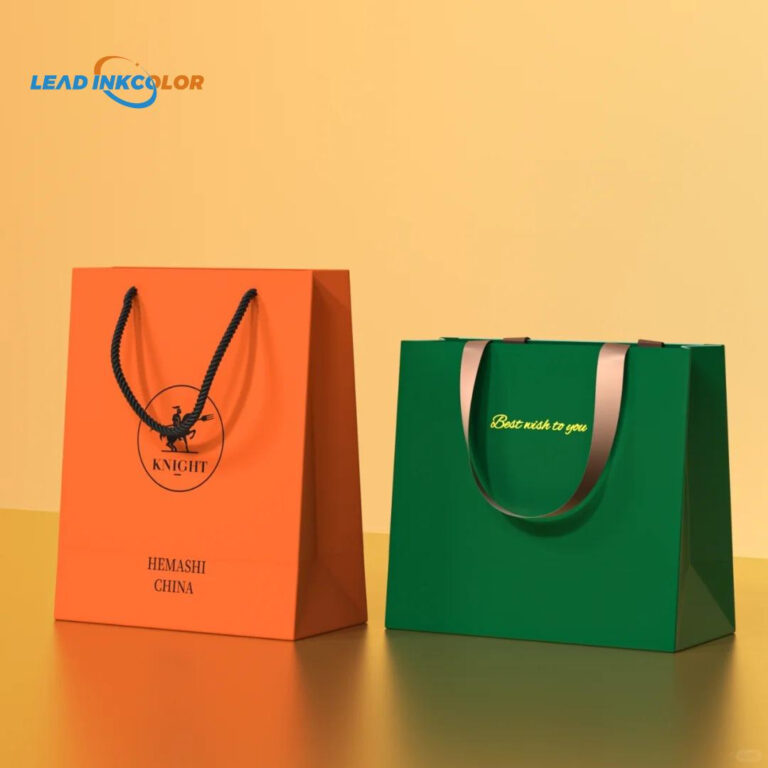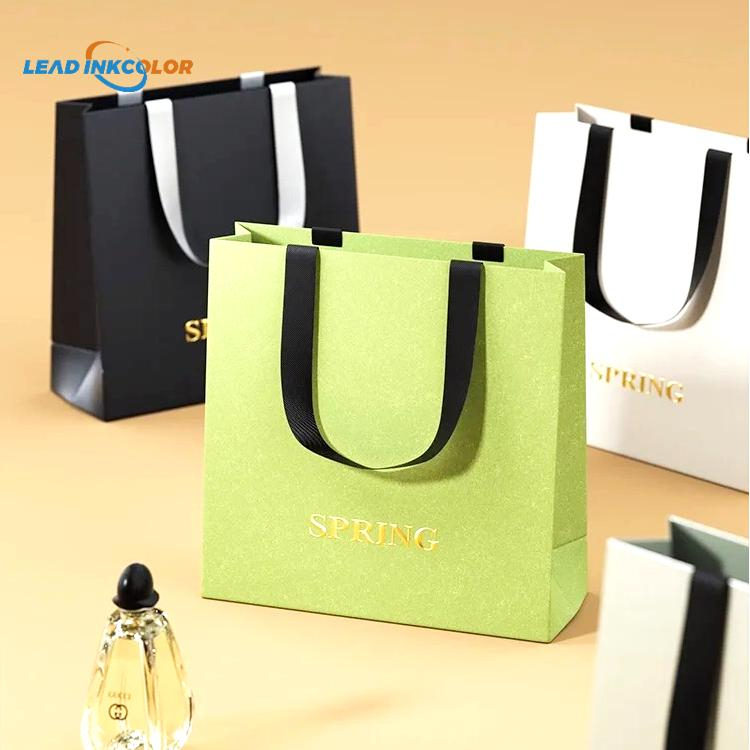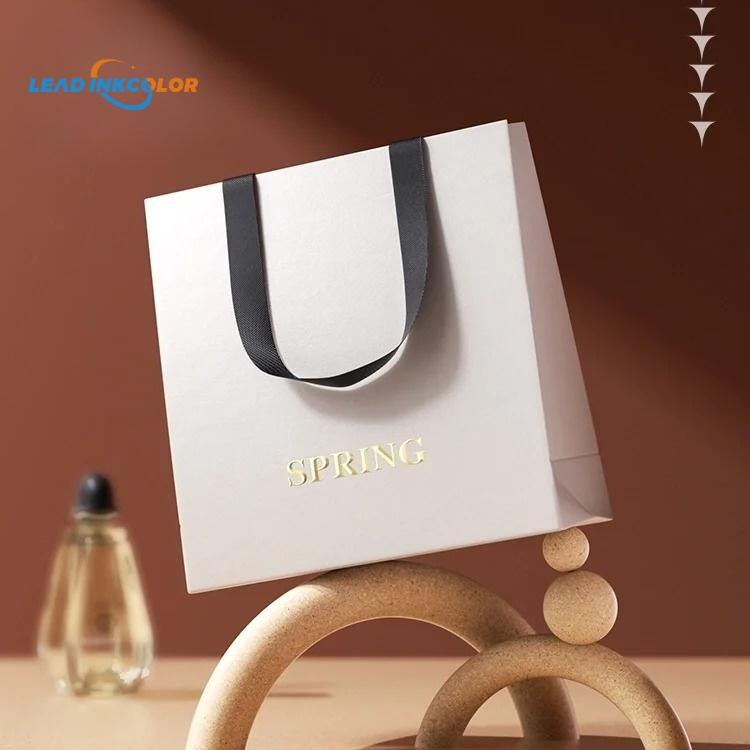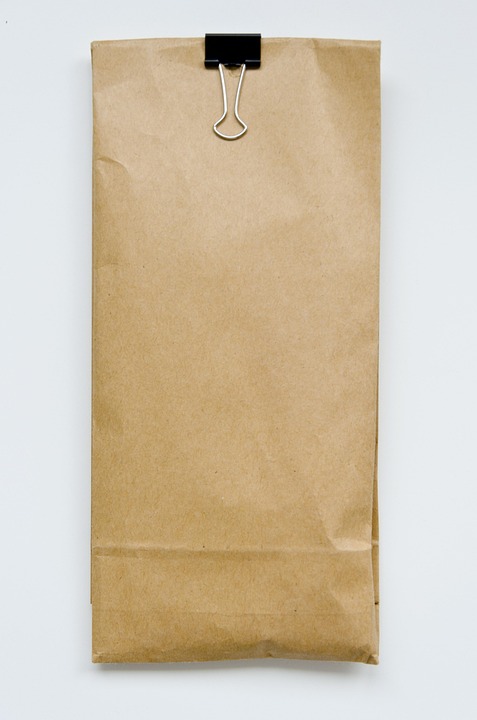-
首頁 東莞厚街工業園
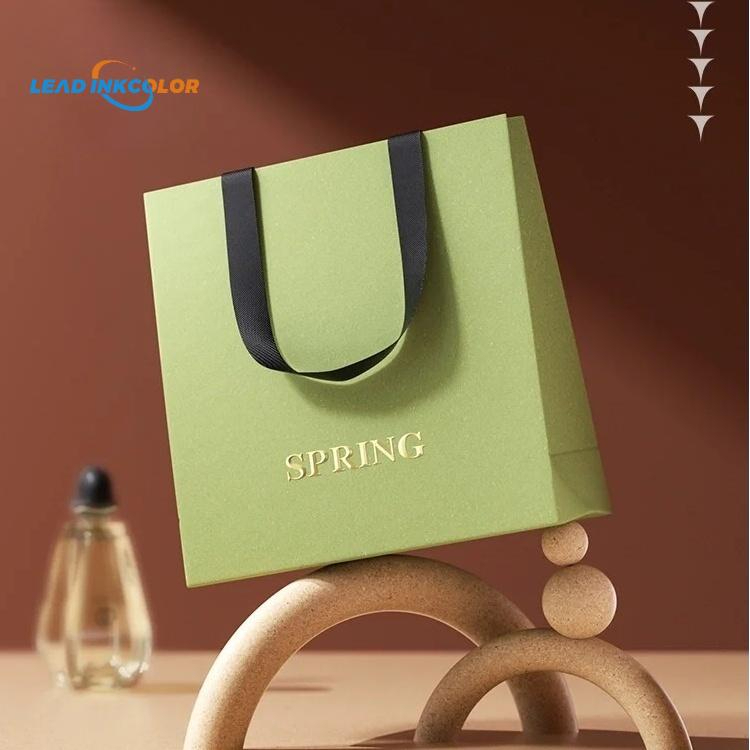
The Science of Smell and Fragrance and How it Relates to Perfume Packaging
[ad_1]
Smell is one of the most powerful senses, with the ability to evoke emotions, memories, and even trigger physiological responses. When it comes to perfumery, the science of smell is crucial in creating fragrances that captivate and delight. In this article, we’ll delve into the science of smell and how it relates to perfume packaging, exploring the chemistry behind scent, the psychology of smell, and the importance of packaging in enhancing the fragrance experience.
The Chemistry of Smell
Smell is a complex process that involves the detection of odors by specialized cells in the nasal cavity, known as olfactory receptors. These receptors are responsible for binding to odor molecules, triggering a signal that is sent to the brain, where it is processed and interpreted as a specific scent. There are thousands of different types of olfactory receptors, each binding to specific odor molecules, allowing us to distinguish between different scents.
The chemistry of smell is highly complex, involving the interaction of numerous molecules, including pheromones, volatile organic compounds (VOCs), and terpenes. Pheromones are chemicals that are secreted by one individual and detected by another of the same or opposite sex, playing a crucial role in mating and social behavior. VOCs are the primary components of fragrances, responsible for the characteristic “smell” of a scent. Terpenes, a type of terpene, are responsible for the “fresh” or “woody” notes in fragrances.
The Psychology of Smell
Smell is deeply connected to emotion, memory, and experience. Our brains are wired to associate certain scents with specific emotions, memories, and experiences, making smell an incredibly powerful trigger for nostalgia and emotional recall. This is known as the psychological component of smell.
For example, the scent of freshly baked cookies can evoke memories of childhood and warm, comforting feelings. This is due to the brain’s ability to create a strong emotional connection to certain scents, making them recalled more easily and strongly than other senses. Research has shown that scent preferences are influenced by personal experiences, cultural background, and even genetics, further highlighting the complexities of the psychology of smell.
The Relationship Between Scent and Packaging
Fragrance packaging is more than just a vessel for the scent itself – it plays a crucial role in the overall experience of the fragrance. The packaging of a perfume can greatly influence how we perceive the scent, from the visual appeal of the bottle to the tactile experience of holding it in our hands.
The psychology of packaging is closely tied to the psychology of smell, with certain colors, shapes, and textures evoking specific emotions and associations. For example, the color red is often associated with passion and excitement, while the color blue is often linked to calmness and trust. The shape and design of the packaging can also influence our perception of the fragrance, with sleek, angular designs often conveying a sense of modernity and sophistication.
The most effective packaging meets the fragrance, rather than just containing it. It complements the scent, enhances its characteristics, and creates a cohesive brand identity. This is achieved through careful consideration of the fragrance’s notes, the desired emotional response, and the target audience.
Conclusion
Smell is a complex, multifaceted sense that is both closely tied to emotion and intimately connected to the psychology of the individual. Perfume packaging is not just a vessel, but an extension of the fragrance itself, influencing how we perceive and interact with the scent. By understanding the chemistry and psychology of smell, perfumers and designers can create packaging that not only complements the fragrance but enhances the overall experience.
FAQs
- What makes a good perfume packaging? A good perfume packaging should complement the fragrance, enhance its characteristics, and create a cohesive brand identity.
- How do I choose the right scent for my brand? Consider the target audience, the desired emotional response, and the brand’s values and values. Choose a scent that reflects and resonates with these factors.
- Why do some scents evoke strong emotional responses? Smell is closely tied to emotion and memory, allowing certain scents to evoke strong emotions and memories. This is due to the brain’s ability to create a strong emotional connection to certain scents.
- Can the packaging of a perfume affect my perception of the scent? Yes, the packaging can significantly influence our perception of the fragrance, from the visual appeal to the tactile experience. A well-designed packaging can enhance the overall experience of the scent.
[ad_2]
